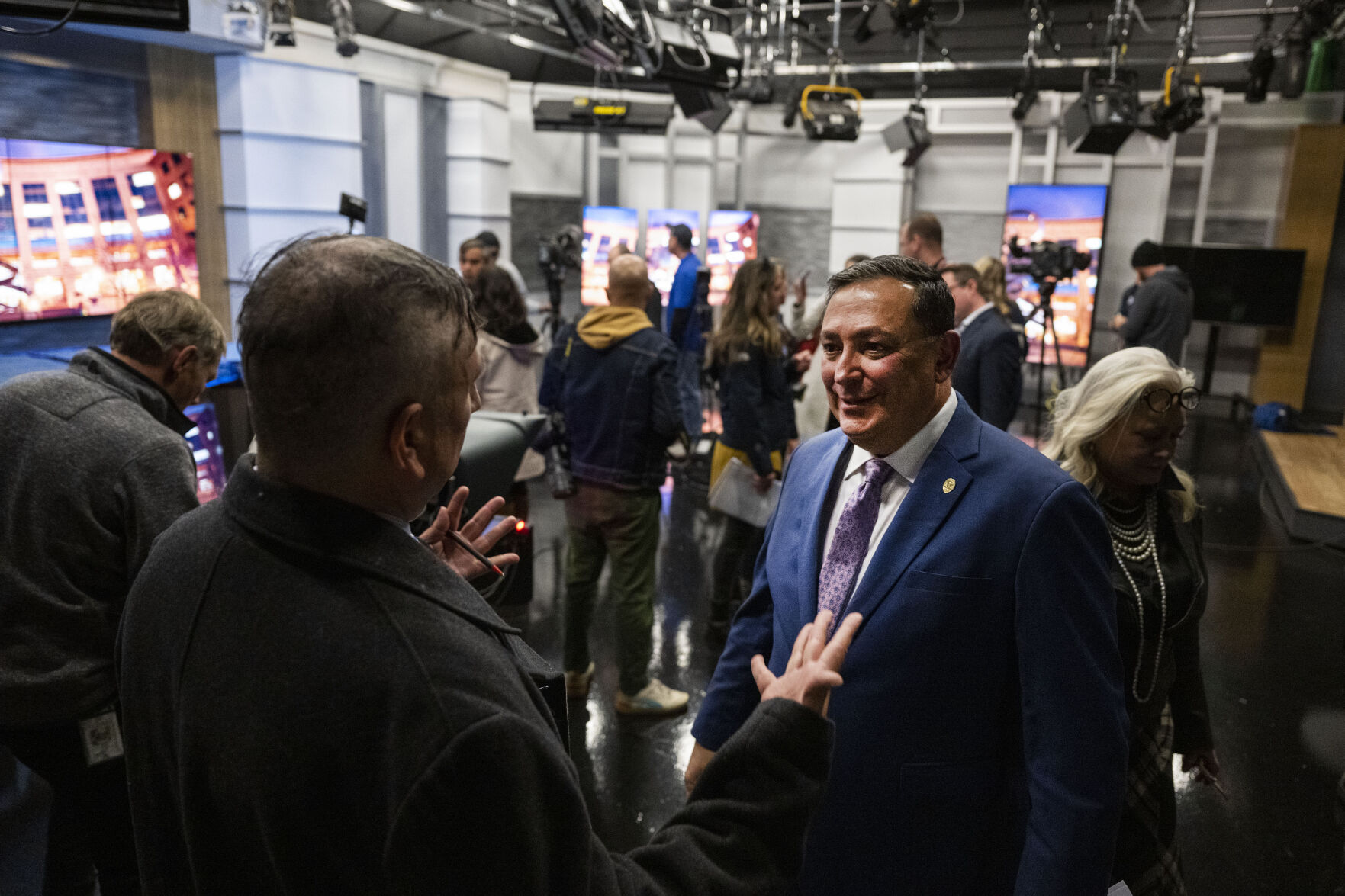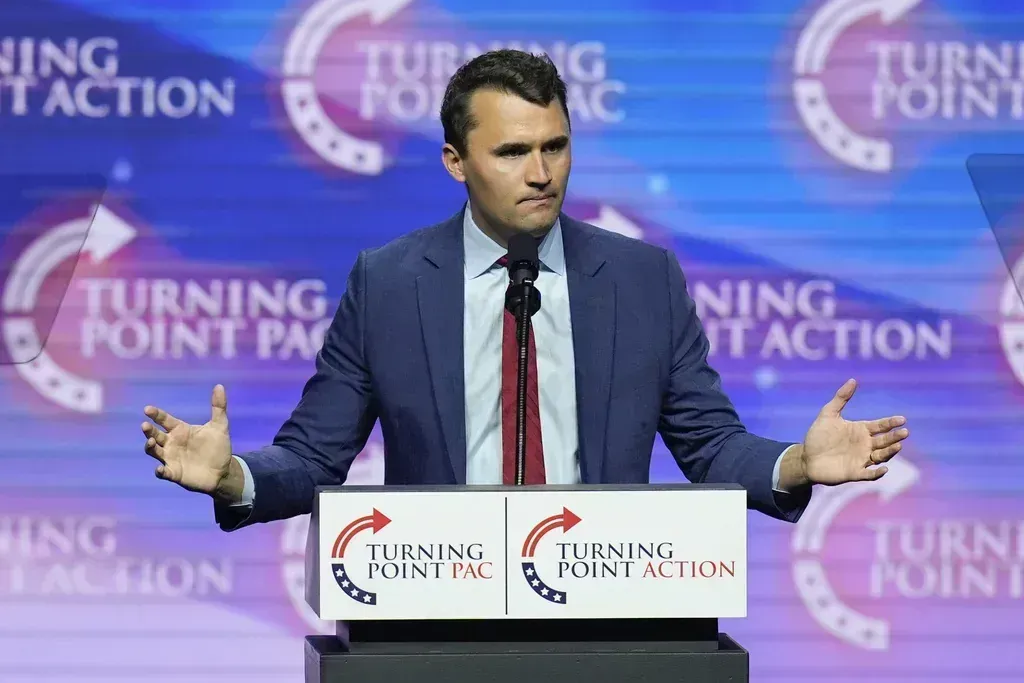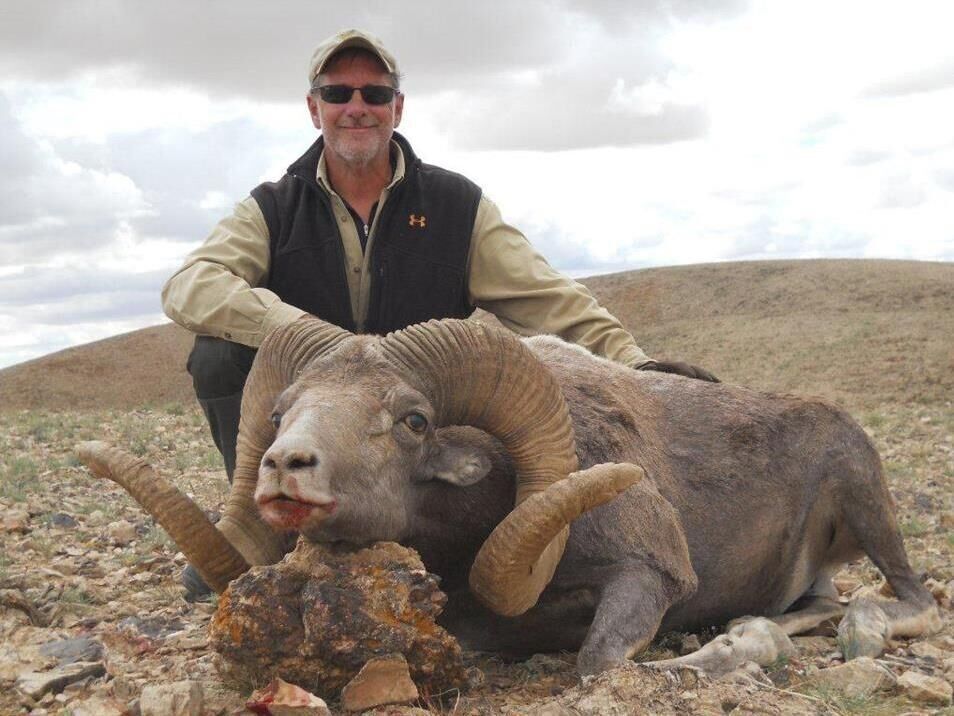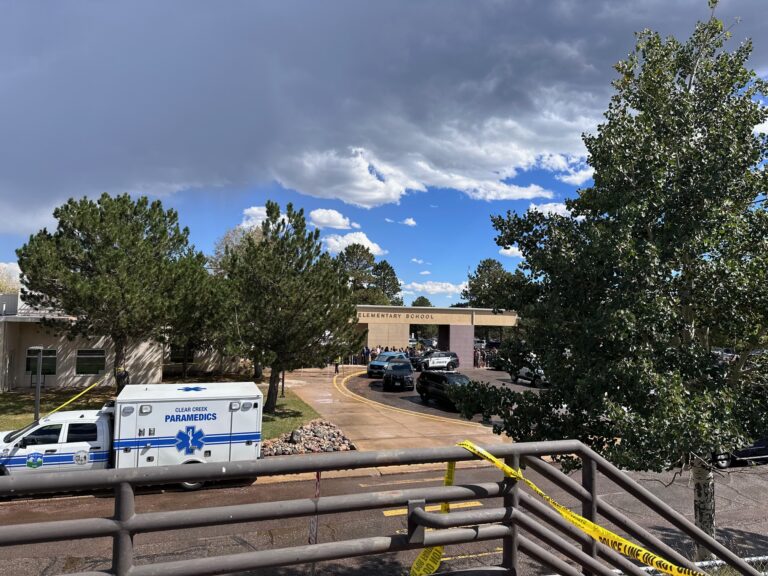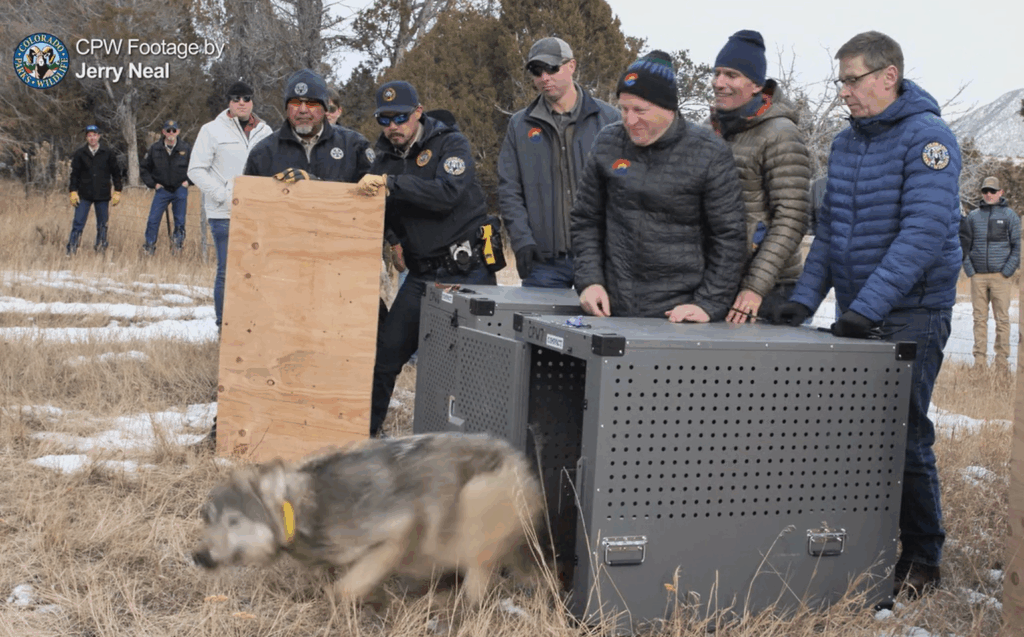Aurora interim chief on open communication and justice reform
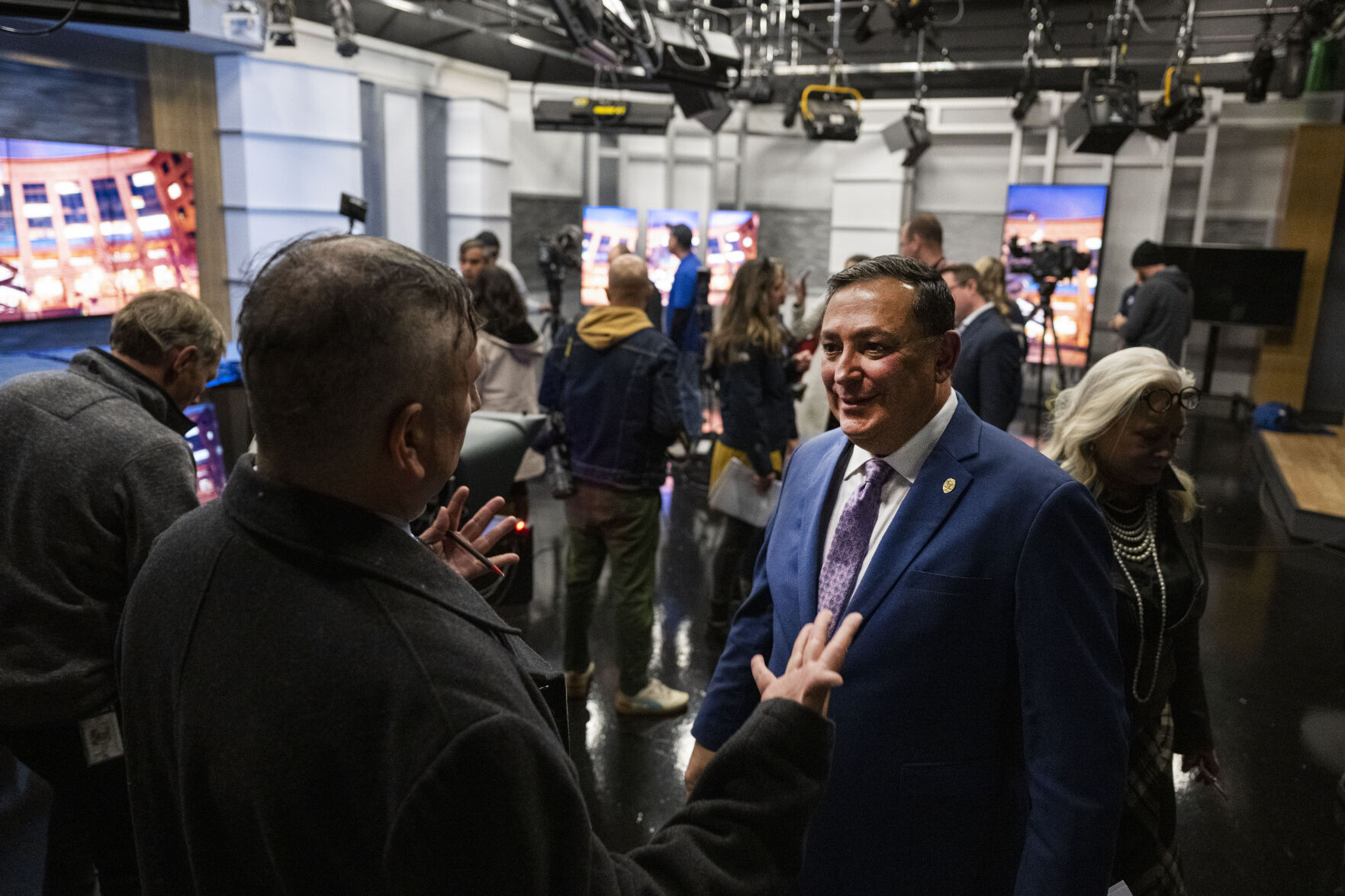
Aurora’s interim police chief Art Acevedo is no stranger to tumult in his career.
Acevedo officially took over Dec. 5 for Dan Oates, Aurora’s former police chief, who had returned to the department to lead in an interim role for about six months. Oates helped recruit Acevedo for the job.
Acevedo has run a law enforcement consulting business and recently been a contributor for CNN. His last post as Miami’s police chief ended after six months with his firing in October 2021. He filed a wrongful termination lawsuit, claiming retaliation for blowing the whistle on wrongdoing by city officials. He also headed the California Highway Patrol and the police departments in Austin and Houston.
He takes over a police department that has had a tumultuous several months of its own, culminating with the firing of former Chief Vanessa Wilson. Last year three police officers were charged in connection with the 2019 death of Elijah McClain, and a civil investigation by the attorney general’s office found patterns of racist policing and inappropriate use of force in the department. The investigation has led to a consent agreement with the state for systemic changes.
Aurora has had an unsteady search for its next permanent chief. It found itself rebooting the search this fall after public concern about a lack of diversity of the original finalists, and all but one then pulled out.
Acevedo said he has experience leading a police department under a federal patterns-and-practice investigation from his time in Austin, giving him perspective on how to lead Aurora through its decree with the state. He sat down with The Denver Gazette to talk about his priorities for implementing the consent agreement, addressing the country’s “epidemic” of gun violence and the importance of making both his officers and residents feel heard.
What interested you in the job?
Policing is my life’s work. I really believe, after Minneapolis, (people should) understand what happens in one city impacts the entire nation and all police departments.
I’ve known the Aurora Police Department in my role as Major City Chiefs (Association) president and on the board for 14 and one-half years. I missed being around cops; I missed public service. It didn’t take much to talk me into it.
I just wanted to make sure the mayor and the council, as we talked one-on-one, that we had a shared vision of how we continue to build on the performance and the relationship of this department with the community.
What are your immediate priorities as the interim chief in implementing the consent decree?
Actually, we’re taking a pause next week, and we’re going to spend several hours with the police monitor and a lot of our team, because I think we need to reorganize. We have got so many projects in progress right now, I’m not sure that we have built a system to organize and track everything we have going on. (These priorities are) multifaceted; these are things we need to do. We have to identify all the projects, list all the projects in one dashboard, one document, identify who’s responsible for the projects and then put your deliverables on there. What are they due for review; who it’s going to be presented to. And then we need to prioritize which is our tier one.
At the same time we have to look at how we’re organized, how we’re using data, how accessible data is so we can put together our crime-fighting strategies. So the next four to eight weeks is going to be a lot of assessment and organization so we can be very well-informed as we prioritize and move forward and then make sure we don’t drop the ball on deadlines.
Aurora swears in second interim police chief as search continues
Has (all) that been done so far before your arrival?
I think we can do better. If you don’t look and you don’t assess, then you’ll never know. So my sense is that we can organize it better. And so because now I’m responsible to take the organization from where it is today and continue to move it forward, and make sure that we’re doing everything we can to help our officers be successful, I think that no matter how good you’re doing something, you can always do things better. (And) once you organize, then the likelihood of things falling through the cracks are much less.
When you took on a role as a CNN analyst fairly recently, I think you had mentioned something about how when it comes to addressing gun violence, it’s a confluence of gun policy, addressing violent criminals (and) bail policy. Tell me a little bit more about what you mean by that.
We have more firearms in this country than a lot of places around the world. The gun violence in this country is at an epidemic level. I don’t think anybody can argue with that.
But there’s different aspects to the actual problem. The strategies to deal with mass shootings are different than the strategies to deal with everyday gun violence, that are different than the strategies that relate to suicides and accidental shootings. So, even though it’s all part of the gun violence challenge, the way that we address it is different.
And so the example I’ll give you is for everyday gun violence. We have got to get our leadership across this nation, in terms of our elected officials, out of their corners and move towards each other. Because when it comes to violent crime, and everyday crime in this country, we cannot have from the extreme conservative perspective that is asking for permitless carry.
The on the left side of the aisle, the extremes — I’m not saying center left or center right; I’m talking about extremes. You cannot have a society where when someone that’s not supposed to have a firearm, i.e. person that has been convicted of felonies, and we catch them.
The hardcore suspect that’s charged with murder goes in to the jail, and they’re giving them a $100, $200, $300 bond, or personal bond with an ankle monitor. What do they do with them? They cut them off.
You can’t do that. You can’t have people that are already in jail for murder go out and murder other people. You can’t have a society where it’s a revolving door.
I support bail reform. I don’t believe that your ability to pay money is what we should (base it on). I believe that we should do bail reform, but it should be about a validated assessment of the risk of this individual if we release them pre-trial. What’s the risk that they pose to the safety the American people? The second piece of that assessment should be, what’s the risk of reoffending? Because if they’re habitual crooks, people get fed up with it. And when the public gets fed up with the same person coming in, then you turn off the entire American public. And the third question should be, what is the risk of absconding?
We’ve got to be smart. And I think that the way that we’re going to impact gun crime or other crime is by focusing on good policy and not primary politics, which I think is what happens sometimes.
Former Aurora police chief alleges she was fired illegally, files a notice of claim
How do you feel about the possibility of your mind toward reforms angering your officers?
I’ve been a reformer my entire career. Sometimes my officers get angry at me. Sometimes the public is angry at me. But I think I’m balanced. The people I’ve led and the people I’ve served know that, you know what, we don’t agree with him all the time. But his heart and his mind, they’re in the right place. And I really believe that open and honest and ongoing communication is the key. If your officers have access to you, and they think they have a voice at least to be heard — the community is the same way — I think that’s key.
I’m putting together a chief’s advisory committee, so I can have a wide breadth of representation; this organization can have regular access with me.
Because sometimes police labor unions will tell you and bring to your attention what’s important to that president — and I’m not saying anything about this one – or to their board. But that’s not necessarily aligned with what’s really important to the cop on the street at 3 a.m. What’s funny, for me, is over my career, I had union presidents where I had spent more time on the streets at night during my tenure there, weekends and holidays, at two or three in the morning than they ever had. So who gets to have more interaction with their membership? Me.
And so I think that’s key, open lines of communication.
That door’s always open to this community and to my workforce, and I really think that’s going to be key. Have you ever heard that saying, a little explanation goes a long way? It’s true.
Aurora hires interim police chief as the municipality struggles for candidates
Do you have any interest in applying for this job permanently?
I’m not going to worry about that road at this point. I don’t think it’s fair when you agree to be an interim police chief, to a city (or) to a department, to say anything like that. I don’t know what’s on their minds of what they want. But I can tell you this, as long as I’m the police chief in this city, I’m going to give them 110%. And quite honestly, I’ve been telling everybody else, there’s no such thing as a permanent chief. You are the most replaceable person in the department.
When I started as a major city police chief, it was in 2007. And chiefs were lasting about three to five years at the most, closer to three. And then over the years, as society has gotten crazier, who’s in the middle of all that?
My mentor is Bill Bratton (former NYC commissioner and LAPD chief), and what he taught me was, it’s not just about your organization; it’s not just about the community you’re serving. It’s about the profession, and the people that we serve across the country.
